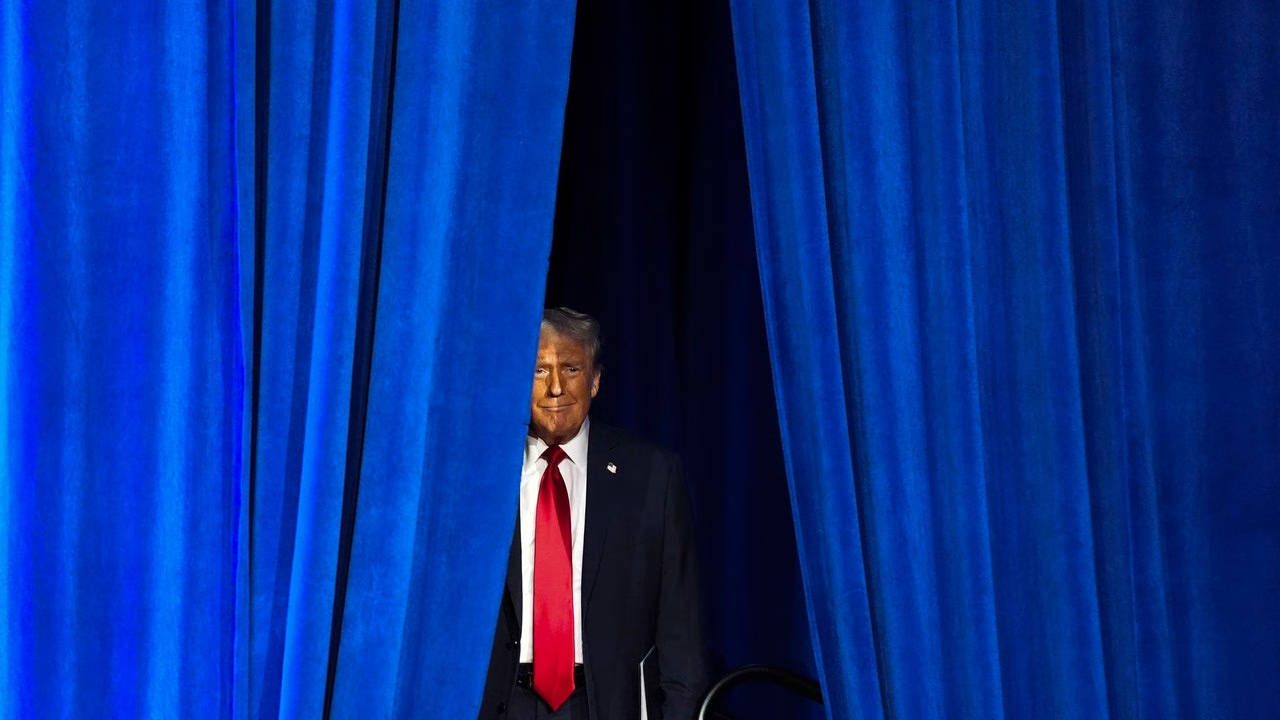When he declared victory in this month’s election, Donald Trump told supporters that the American public had given him an “unprecedented and powerful
When he declared victory in this month’s election, Donald Trump told supporters that the American public had given him an “unprecedented and powerful mandate.” And it certainly appeared that way: Not only was he on his way to a swing-state sweep and an even bigger Electoral College win than in 2016; he had also taken the popular vote, the first Republican to do so in two decades and the second since 1988. America might’ve gotten stuck with Trump eight years ago. But this time, it seemed, the voters chose him.
But as the ballots have been counted in the weeks since Election Day, Trump’s popular vote lead—and the mandate he claimed as a result of it—has quietly shrunk. “Powerful?” Hardly. Trump is on track to win the popular vote by the narrowest margin since 2000, when Al Gore edged out George W. Bush but lost in the Electoral College. It also appears that the president-elect’s share of the vote will end up below 50 percent. His unexpected gains this cycle don’t signal a modern mute majority; it’s more like a raucous plurality.
That’s still a stain on the country—and on a Democratic Party that for the second time in three cycles managed to lose out to this uniquely unqualified and risky demagogue. And Trump still won decisively: More voters chose him than Kamala Harris, and rewarded, rather than repudiated, the GOP he remade in his image with majorities in both chambers of Congress. He and his party were unquestionably empowered this cycle.
But empowered to do what, exactly?
Trump seems to believe it means he can do whatever he wants, as evidenced by cabinet picks like Pete Hegseth, Robert F. Kennedy Jr., Linda McMahon, and Tulsi Gabbard—who seem to have been chosen for their roles based on their loyalty, willingness to blow up the system, and the fact that Trump sees them on television a lot.
He’s already hit one barrier: Matt Gaetz, the alleged sex-trafficker reviled even within his own party, pulled his name from consideration as Trump’s attorney general Thursday amid uncertain support from Senate Republicans—suggesting that even they have their limits. Senators have “a responsibility for advice and consent,” as South Dakota Republican Mike Rounds put it to Politico, “and in this particular case, I think there was advice offered, rather than consent.”
Which isn’t to say they won’t consent to other undeserving, radical Trump picks; in fact, with the Gaetz concession, the prospects for the likes of Gabbard may be improved. And, of course, whatever friction Trump encounters on Capitol Hill with his nominees, he’s sure to face far less when it comes to his agenda. But a mandate from congressional Republicans isn’t the same as a mandate from the public: Nearly as many in the electorate voted against him as they did for him. And even among those who did back him, parts of his platform, like ending Obamacare, remain unpopular—while other aspects, like mass deportations and the decimation of the administrative state, could become so when they’re put into practice.
That may not matter much to a man with autocratic ambitions—and who has been emboldened by Republicans, and the conservative Supreme Court, to pursue them. And it shouldn’t be an excuse for Democrats to avoid their party reckoning: Trump may not have as much support as he claims he has, but Democrats still couldn’t beat him. They need to be clear-eyed about that.
Still, it’s critical to be clear-eyed about the actual scale of his victory: It was a decisive win, but it was not a mandate to upend America. It was not a mandate for him to act on his every impulse. It was not a mandate to reshape American democracy the way he reshaped the Republican Party. His opponents shouldn’t let him claim otherwise.

COMMENTS